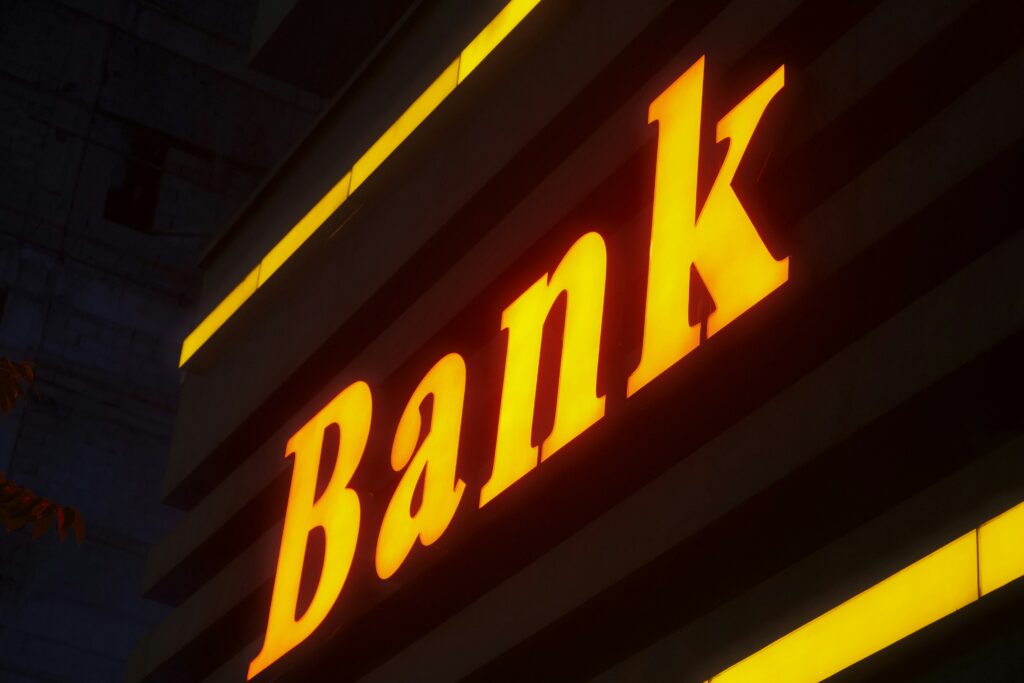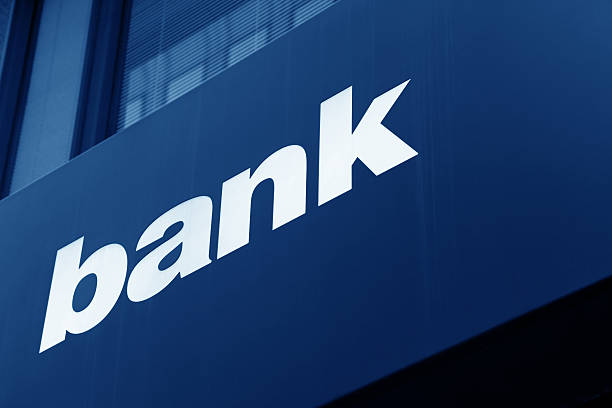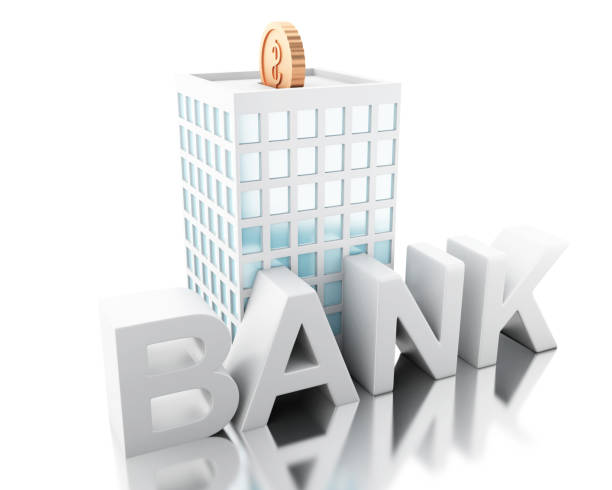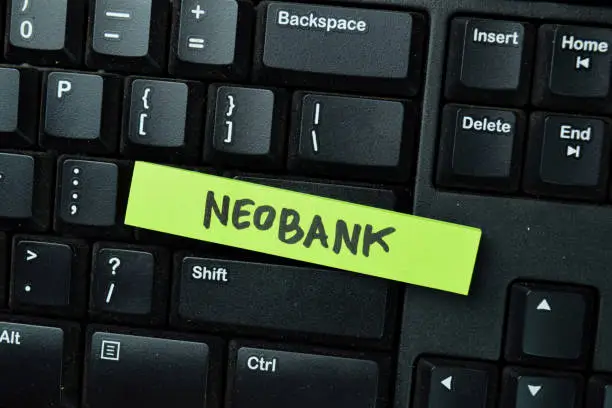A system in which banks and other financial institutions let third-party developers access their data via application programming interfaces (APIs) is known as “open banking.” Users can safely exchange their financial information with other platforms and services that have been approved by this system. By promoting competition, expanding customer choice, and stimulating innovation, open banking is transforming the financial sector. This is a brief explanation of open banking’s definition, operation, and significance.

Understanding Open Banking
Banks are required to provide customer data via APIs in an open banking system, but only with the express permission of the client. Consumers have the option to provide third-party providers access to their financial information, including account balances and transaction histories. These third-party services may provide additional methods for managing funds, making payments, or even applying for loans after consent has been granted. Using APIs guarantees that data communication is safe and compliant with stringent guidelines intended to preserve consumer privacy.
Key players in Open Banking
The main participants in open banking are clients, banks, and outside suppliers. The main source of monetary information is banks, which are also in charge of granting access to it via APIs. Fintech firms and other third-party suppliers utilize the data to develop new products and services. By agreeing to share their private information with these third parties, consumers play a vital role. Regulators also supervise the application of open banking norms to guarantee client protection and data security.
The role of APIs in Open Banking
Because they serve as a conduit between banks and outside suppliers, APIs are essential to open banking. Banks may safely provide monetary data to approved suppliers via APIs while guaranteeing the security of sensitive consumer data. New financial services and solutions that may be customized to meet the requirements and tastes of each individual are also made possible by these APIs. Customers may more easily access a variety of services using APIs without having to use numerous applications or transfer banks.
Challenges of Open Banking
Open banking has several drawbacks despite its numerous advantages. Customer data privacy is one of the main issues. Even though APIs are designed to be safe, there is still a considerable chance of data breaches and assaults. Standardizing APIs across institutions and nations to provide seamless data sharing is another difficulty. Significant adjustments to the current banking infrastructure are also necessary for the adoption of open banking, which might be expensive and time-consuming for certain financial organizations. Additionally, a lot of consumers are still hesitant to give their financial information to outside parties, which makes consumer trust a hurdle.
Open Banking regulations
Several rules have been established to guarantee that open banking functions safely and indifferently. The main law governing open banking in the European Union is the Revised Payment Services Directive (PSD2). PSD2 mandates that banks grant authorized third-party providers access to payment account data and payment initiation services. Analogous laws are being proposed in various regions of the world to promote open banking while maintaining consumer protection. Customers will find it simpler to trust the system as a result of these norms, which give clear guidelines for data exchange, authorization, and security.
The future of Open Banking
With further banks and fiscal organizations embracing open banking principles, the future of open banking appears bright. We may anticipate more open banking interaction with other technologies, including blockchain and artificial intelligence, as the system develops. The capacity to offer individualized fiscal services and answers will be significantly bettered by these developments. Likewise, the fiscal sector will diversify and become more customer-concentrated as competition rises and more clients use open banking. To make the fiscal sector more open, accessible, and inclusive, open banking is presumably going to be a major factor.
You may also find these articles helpful
Advantages and disadvantages of TRON
Advantages and disadvantages of Bitcoin Cash
Trading with Hedera – full guide





